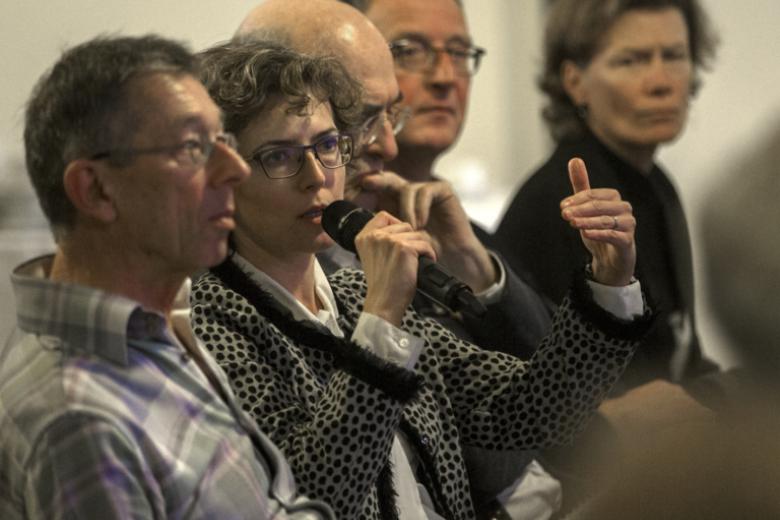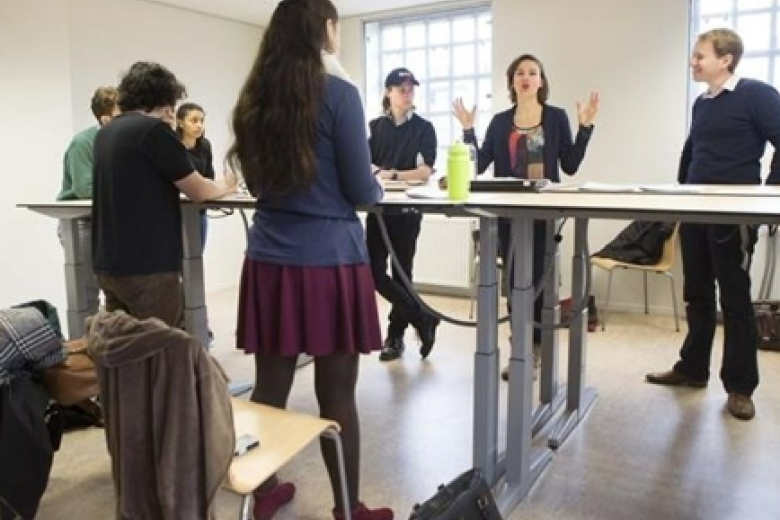A standing tutorial: is it healthier, better for group dynamics and learning?
Dialogue Session 'Transition to a fossil-free society'
- Highlight
- symposium
In this UM-wide dialogue session we will reflect on our partnerships and activities at all levels.

Msc in Public Policy and Human Development | Online info session
- Highlight
- Information activity
- study information
You want to study and wish to know more about our Master Publicy and Human development? Then join this online info session via zoom!

